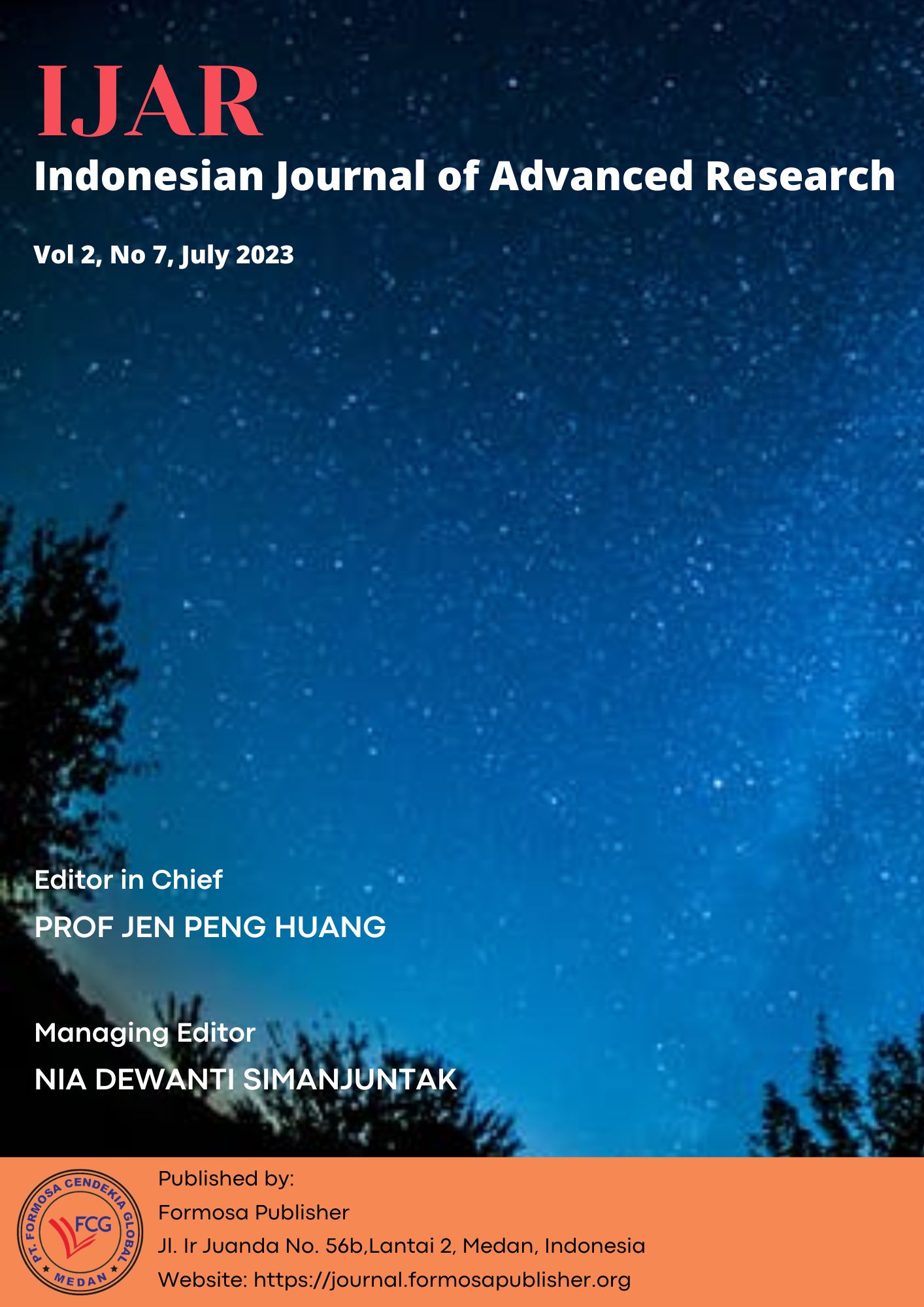Aspects of Justice in Business Contracts Force Majeure Study on Franchise Agreements in the Covid-19 Period
DOI:
https://doi.org/10.55927/ijar.v2i7.4613Keywords:
Force Majeur, Franchising, Business Contracts, FairnessAbstract
The agreement, in essence, is an agreement, characterized by meeting the will (meeting of mind, mutual assent) of the parties to achieve an agreed goal in order to provide the maximum possible benefit for the parties. As a conclusion, justice has not been achieved for the parties, especially the franchisee, due to the very strong bargaining position of the franchisor, which is not balanced when comcpared to the weak bargaining position of the franchisee. This has an impact on the contents of the contract which is fully made by the franchisor, which of course tends to provide the greatest benefit to the franchisor. Force majeure or force majeure can be in the form of earthquakes, fires, floods, landslides, wars, military coups, embargoes, epidemics, and so on. During the corona pandemic, which is currently hitting all parts of the world, of course it has an impact on the implementation of a business contract. This paper examines force majeure in an agreement that occurred during the corona virus pandemic which cannot automatically be used as a reason for canceling a business contract, but can be used as a way to negotiate in canceling or changing the contents of the contract.
Downloads
References
Ali, Moc. Chidir, Samsudin, Achmad dan Mashudi, Pengertian-Pengertian Elementer Hukum Perjanjian Perdata, Bandung: Mandar Maju, 1993.
Badrulzaman, Mariam Darus dkk, Kompilasi Hukum Perikatan, Bandung: PT Citra Aditya Bakti, 2016.
Bishoff, Thomas S. and Miller, Jeffrey R, Force Majeure and Commercial Impractiability: Issues to Consider Before the Next Hurricane or Matural Disaster Hits, The Michigan Business Law Journal, Volume 1, Issue 1, 2009.
Harahap, M. Yahya, Segi-Segi Hukum Perjanjian, Bandung: Alumni, 1982.
Hernoko, Agus Yudha, Hukum Perjanjian: Asas Proporsionalitas dalam Kontrak Komersial, Jakarta: Kencana Prenada Group, 2009.
Khairandy, R. (2003). Itikad baik dalam kebebasan berkontrak. Jakarta : Pasca sarjana Fakultas Hukum UI.
Khairandy, R. (2013). Hukum Kontrak Indonesia dalam Perspektif Perbandingan. Yogyakarta : FH UII Press
Melis, Werner Force Majeure and Hardship Clauses in International Commercial Contracts in View of the Practice of the ICC Court of Arbitration, Report presented by the author at an ICC Seminar an East West Arbitration held in Paris an December 6-9, 1983.
Miru, Ahmadi, Hukum Perikatan Penjelasan Makna Pasal 1233 sampai 1456, (Jakarta: Rajawali Pers RajaGrafindo Persada, 2016.
Muhtarom, M, Asas-Asas Hukum Perjanjian: Suatu Landasan Dalam Pembuatan Kontrak, Jurnal Suhuf, Vol. 26, No. 1, 2014.
Muljadi, Kartini dan Widjaja, Gunawan, Perikatan Yang Lahir Dari Perjanjian, Jakarta: PT. Raja Grafindo Persada, 2008.
Prodjodikoro, Wirjono, Azas-Azas Hukum Perjanjian, Bandung: Mandar Maju, 2000.
Purwanto, Harry, Keberadaan Asas Rebus Sic Stantibus Dalam Perjanjian Internasional, Jurnal Mimbar Hukum Edisi Khusus, November 2011.
Schwartz, Alan & Scott, Robert E. (2003). Contract Theory and the Limits of Contract Law. Virginia : Yale law Schools Publishing
Simamora, Y. Yogar. (2013). Hukum Kontrak, Kontrak Pengadaan Barang dan Jasa Pemerintah di Indonesia, Surabaya : Penerbit Kantor Hukum Wins & Partners.
Suadi, Amran, Penyelesaian Sengketa Ekonomi Syariah Teori dan Praktik, Jakarta: Kencana, 2017.
Downloads
Published
How to Cite
Issue
Section
License
Copyright (c) 2023 Bonaraja Purba, Dyamawani Purba, Enwanda Sinaga, Hwan Daniel

This work is licensed under a Creative Commons Attribution 4.0 International License.







.png)
















